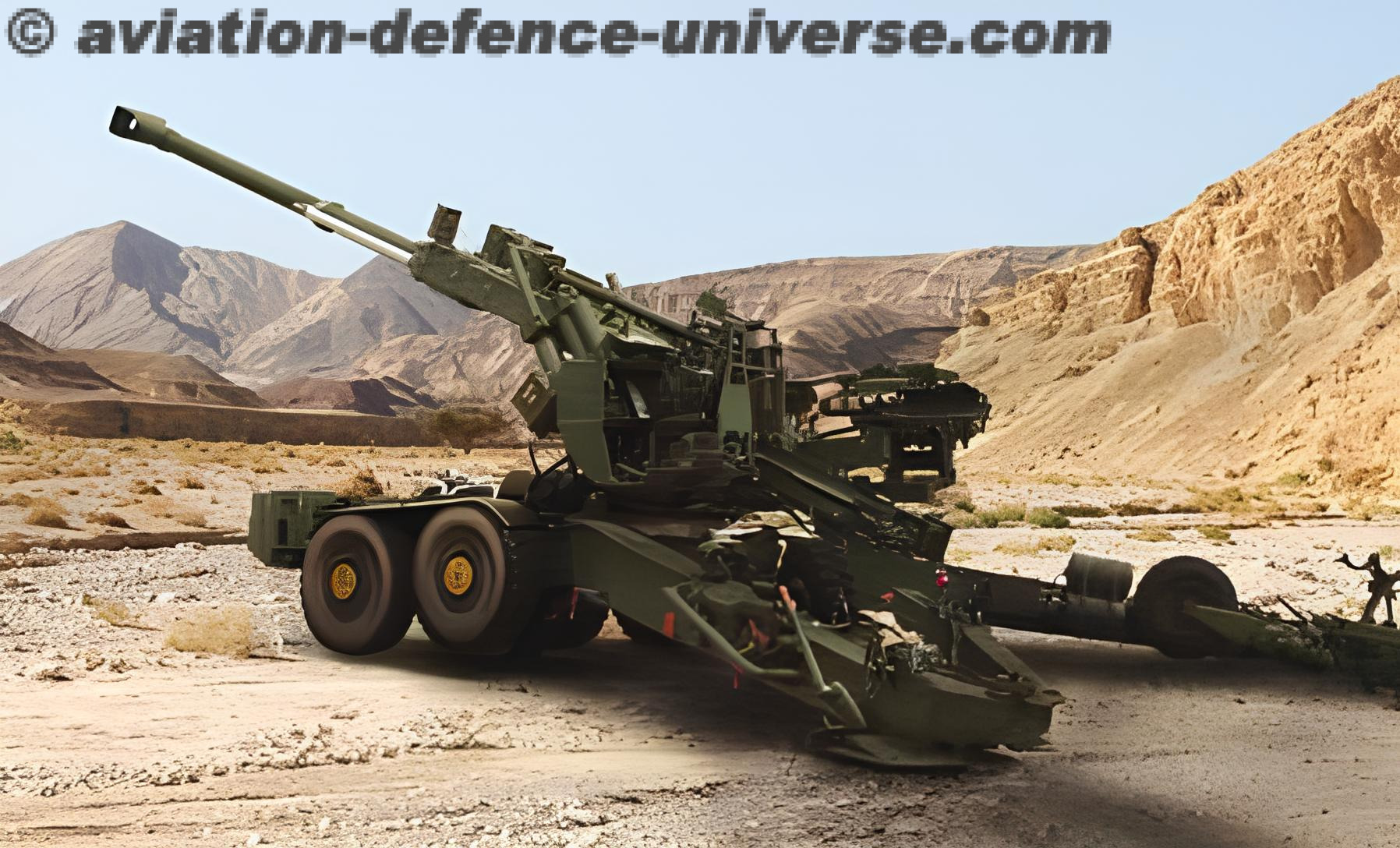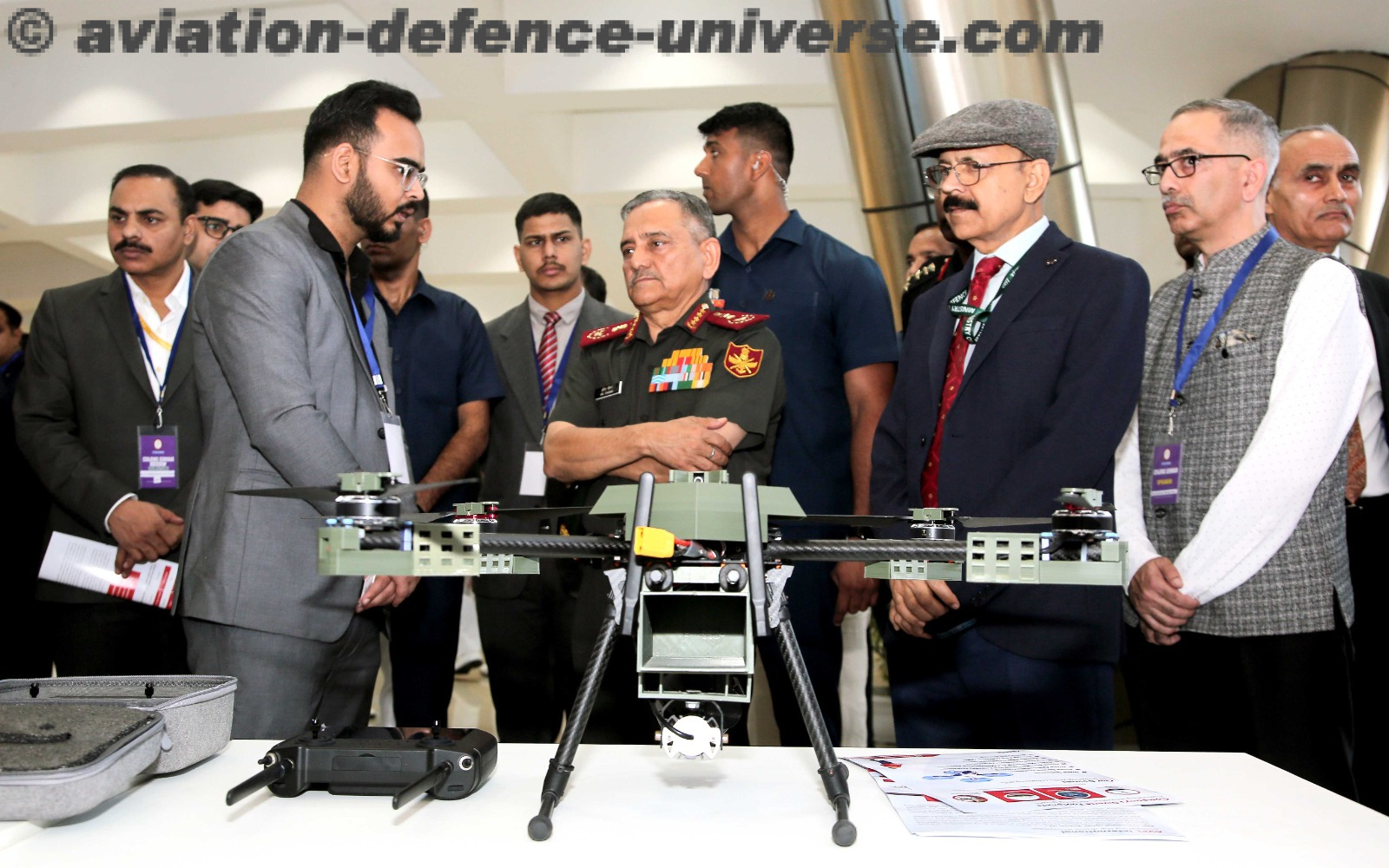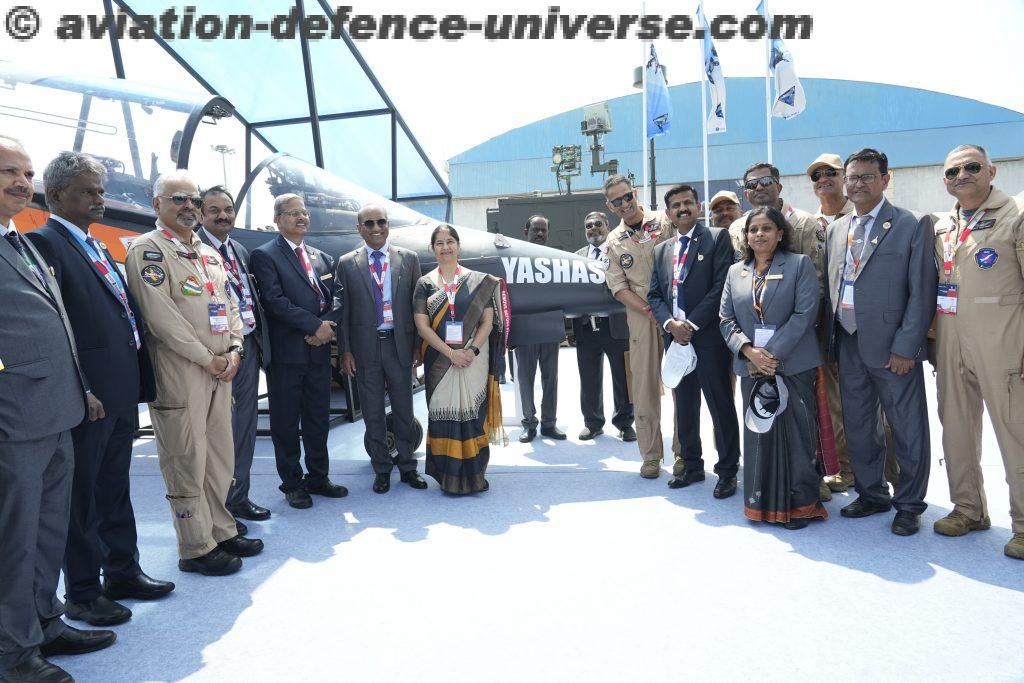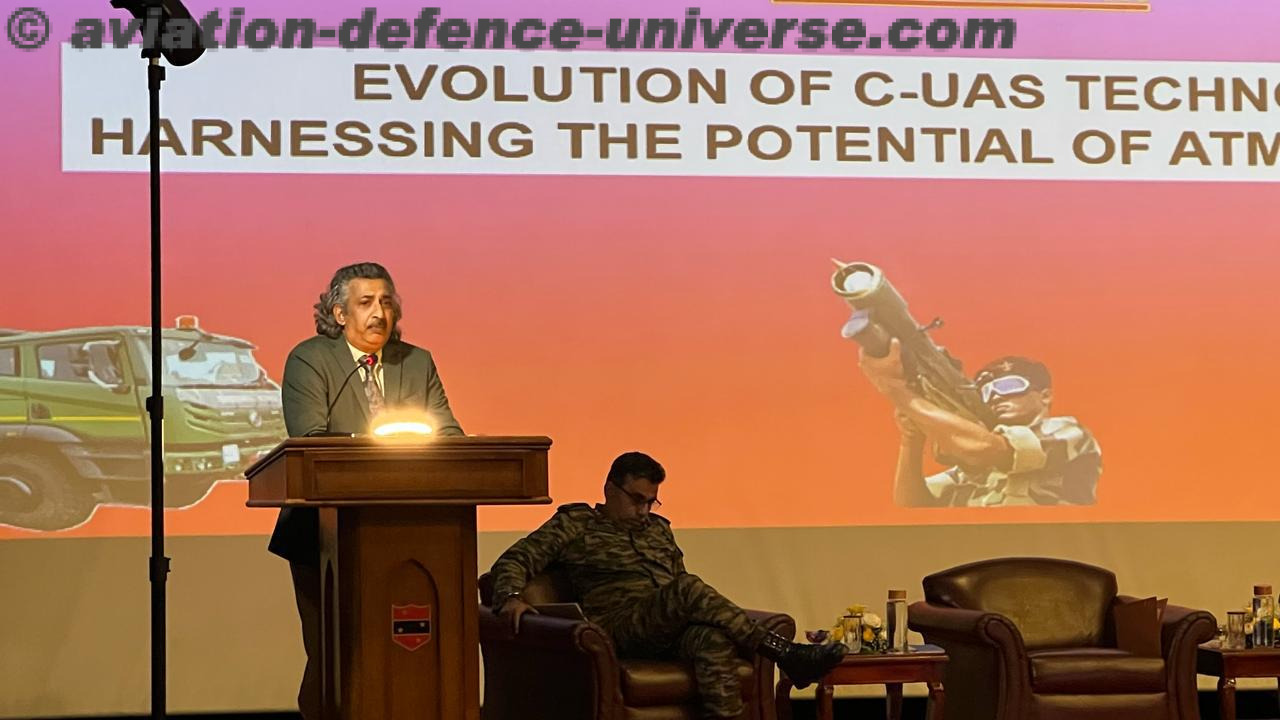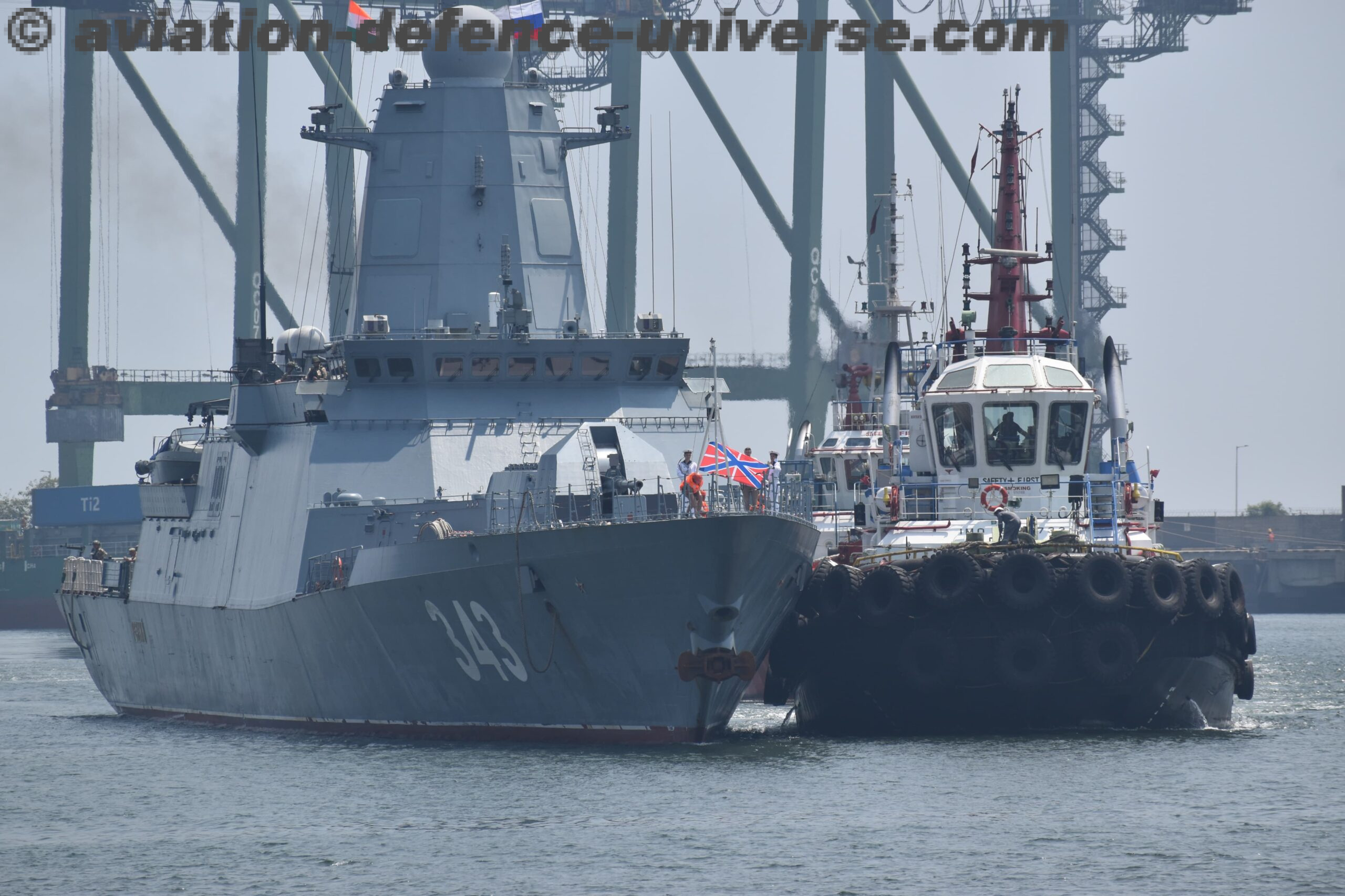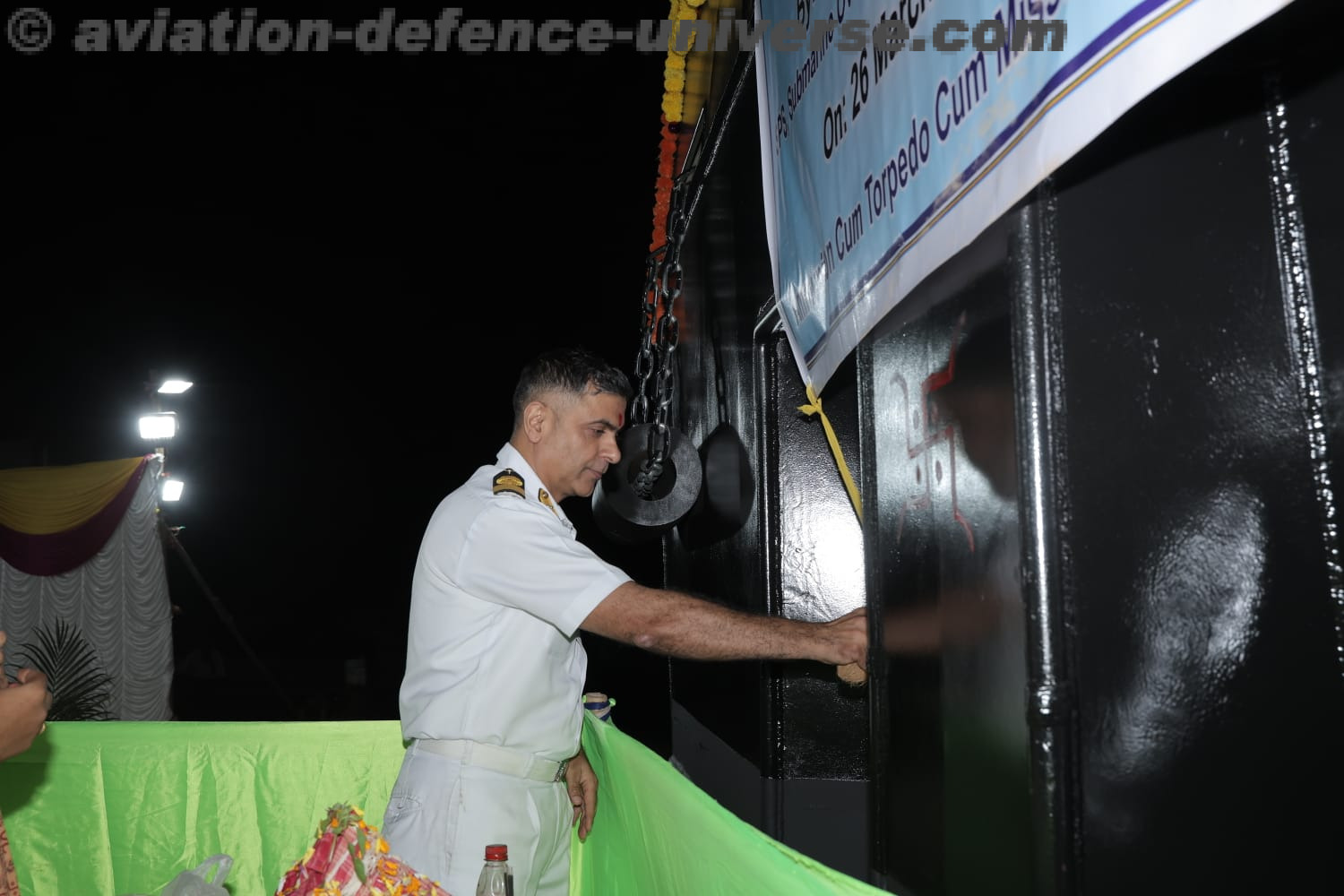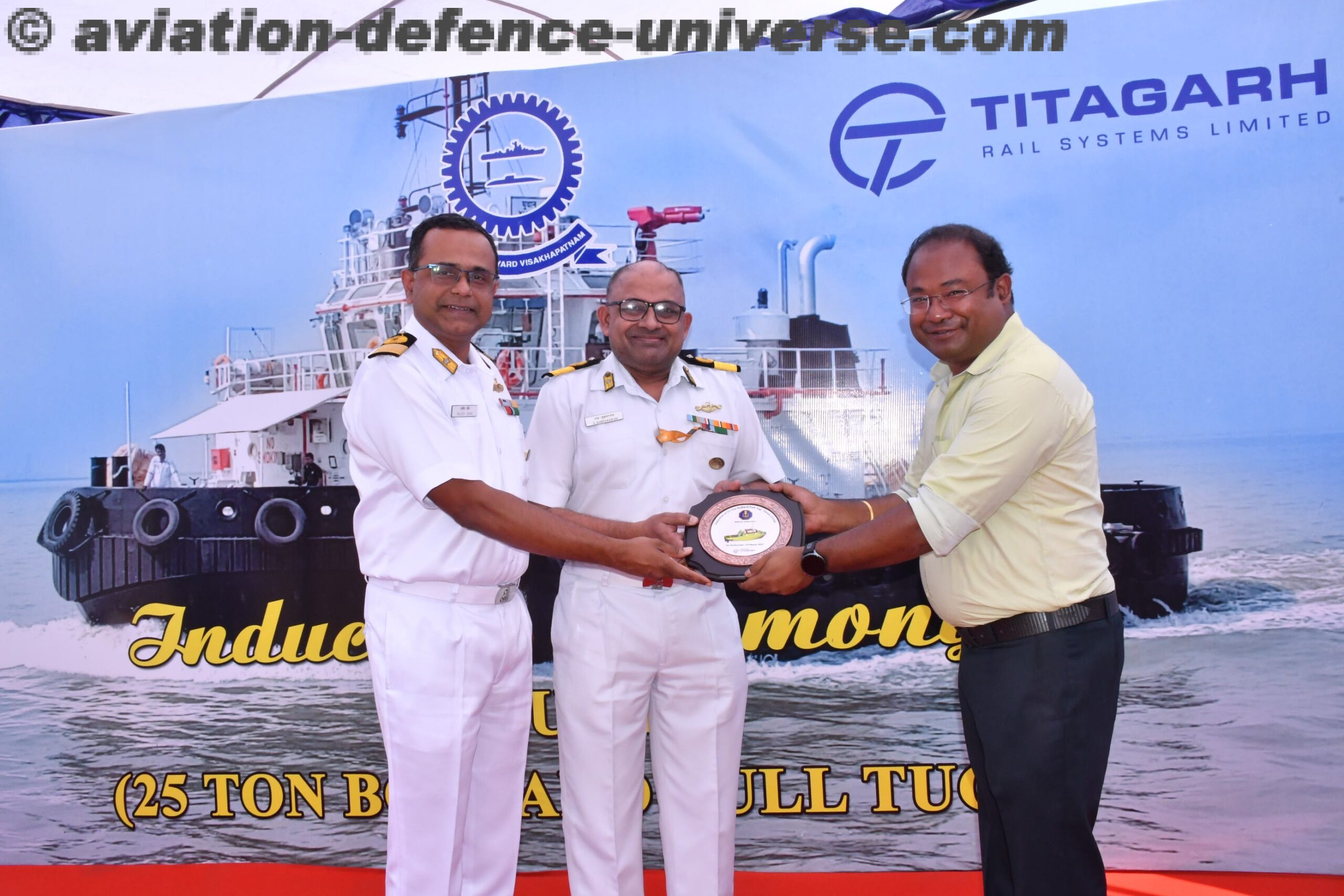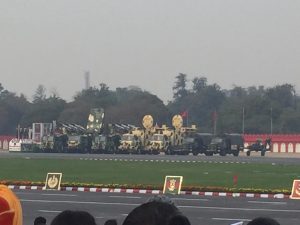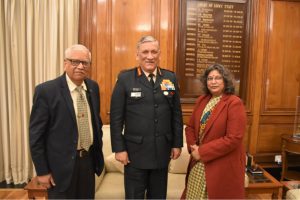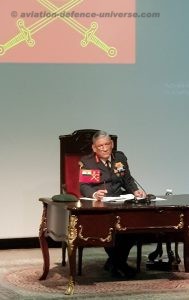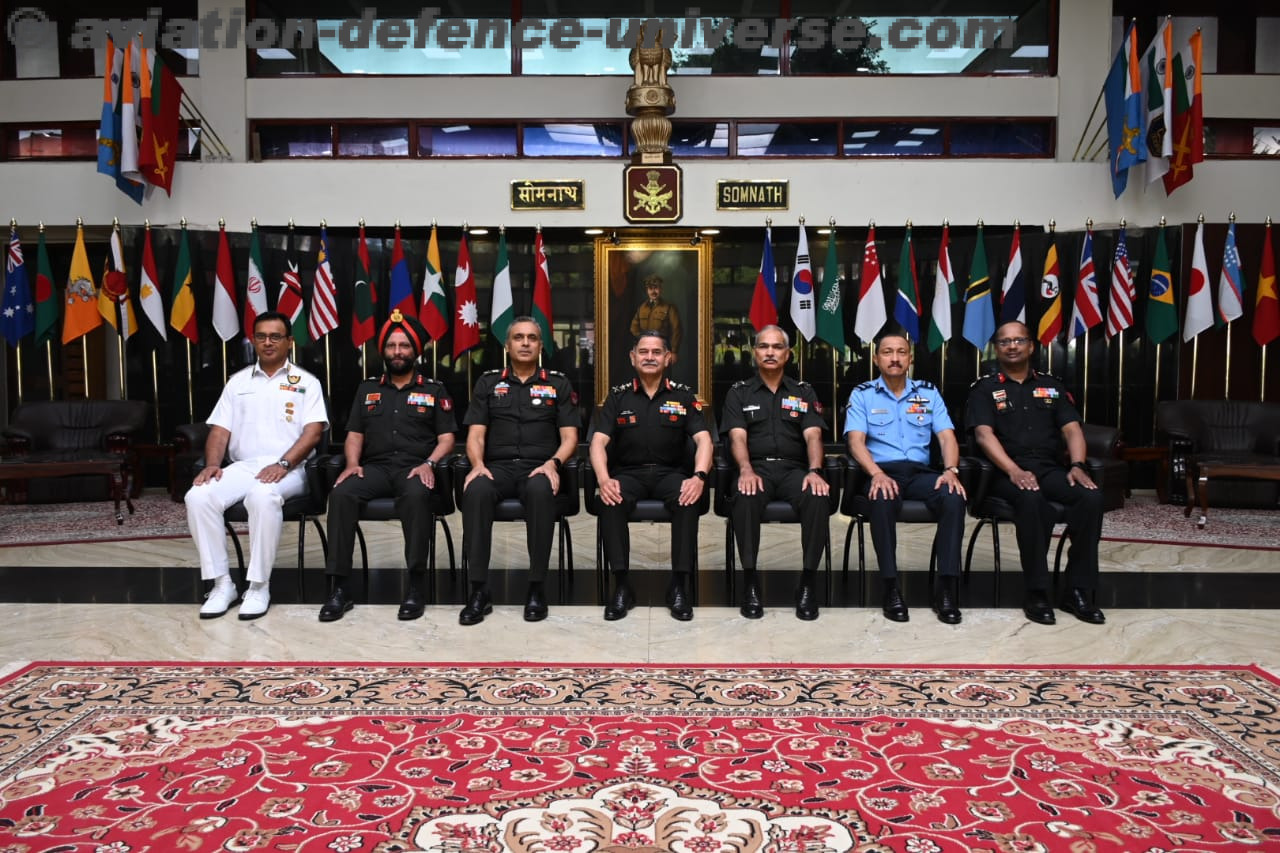By J.K.Verma
New Delhi. 13 January 2019. “Your neighbour is your natural enemy. A real ruler must employ spies and organize espionage network in the neighbouring countries for expansion of empire and to defend own territory,” said Kautilya in Arthashastra. In war there are several force multipliers, which dramatically enhance the efficacy of the defence forces.
These force multipliers include morale, mobility, training, technology, character & reputation of the force, Geographical locations, weather, war experience, knowledge of war techniques, military strategy, deception and most important is the strategic and tactical intelligence.
Napoleon Bonaparte rightly said “A spy in the right place is worth 20,000 soldiers in the battlefield.” Richard Sorge was a Soviet agent who took the cover of a German journalist. He worked during World War II and was active both in Germany and Japan. His codename was “Ramsay” and informed the plan of Adolf Hitler to attack Soviet Union well before the attack. Again in September 1941, he informed his handlers that Japan would not attack Soviet Union. After getting the information Soviets transferred 18 Divisions, 1,700 tanks and more than 15, 00 aircraft from Siberia and Far East to the Western front to fight the forces of Germany. The transfer of troops occurred at the most crucial times and it changed the results of World War II. Nonetheless Sorge was arrested, tortured and hanged, although later Soviet Union posthumously awarded him the title of “Hero of the Soviet Union”.
In conventional warfare the operational situation and its exploitation is significant, it becomes more important in case of terrorists. If security forces are able to get prior actionable intelligence an integrated plan can be formulated and the available resources can be deployed with surgical precision.
The intelligence can be collected through diverse sources including Open source intelligence (OSINT), technical intelligence (TECHINT), signal intelligence (SIGINT) and lastly human intelligence (HUMINT). 90 percent intelligence is collected through open sources and now more and more intelligence organisations are opening separate sections for the collection of OSINT. Central Intelligence agency (CIA) of United States and hyper active Chinese Intelligence Agency “Ministry of State Security” (MSS) are already exploiting OSINT. TECHINT and SIGINT play vital role in collection of information however the most important intelligence is collected through HUMINT.
The significance of intelligence and coordination with army and other security forces have considerably enhanced because of increase of internal conflicts including Left Wing Extremism (LWE), Islamic terrorism including modules of Al-Qaeda in the Indian Subcontinent (AQIS) and Islamic State in India, especially in Jammu and Kashmir.
There are several instances when the intelligence failed and valiant Indian army had to suffer massive causalities either in protection or in bringing back of Indian territories. In 1947 when Pakistani forces along with tribals attacked Kashmir, Maharaja had no inkling of it. Same way in 1962 when Chinese forces entered Indian territory the Indian intelligence setup miserably failed. In 1965 war Indian forces were unaware that Pakistan Army has raised an armoured division.
Again intelligence failed in Kargil, when Pakistani forces entered India. Brigadier MPS Bajwa (Retd), a Kargil war hero mentioned, while delivering a lecture organised by Centre of Indian Military History in Chandigarh, that no worthwhile intelligence was provided to the army and it was a total intelligence failure. The Bakerwals told about Pakistani troops, who were sitting over Indian army check posts. Indian troops reclaimed the areas after great sacrifice and efforts. There were several lessons learnt in Kargil war but the most important was the failure of intelligence.
Intelligence is important not only in war, but also while planning the operations. The security forces had limited tactical intelligence during Operation Blue Star, which was launched by Indian Army in June 1984 to evict Jarnail Singh Bhindranwale and his armed cohorts from Harmandir Sahib Complex in Amritsar. At the time of launching the operation the army was not having the information about the number of fighters and the quantity and features of arms and ammunition with the militants. Due to the lack of intelligence, operational planning was difficult and more casualties occurred.
India should always remain prepared as Pakistan has already waged a low intensity war and the possibility of limited war cannot be ruled out. In November 2008, the sinister Inter Services Intelligence (ISI) has sent 10 terrorists equipped with AK-47 rifles, Grenades, RDX and Improvised explosive devices. These terrorists attacked at 12 places in Mumbai in which about 174 persons lost lives. The defence forces of both the countries moved towards borders and the situation became very tense. In these circumstances if war breaks out, Indian army must be supplied intelligence about the preparedness, arms and ammunition, location, strength etc. of Pakistan army. The intelligence organisation should also supply information that in case of war which countries will favour Pakistan and should also give the names of countries which will overtly or covertly supply arms and ammunition to Islamabad.
The Indian security forces will also need information about the sleeper cells of ISI, which may become active and involve in sabotage and subversion in the country. The enemy agents will also try to subvert army movements near the border areas. The intelligence agencies should also have agents inside enemy territory as army will need their assistance once they capture the enemy territory.
India also had a 73 days standoff at Doklam with China in 2017 when armed forces of both the countries came in front of each other. Hence Indian intelligence agencies should also have detailed information about China so that it can be supplied to Indian defence forces at hour of need.
Both the adversaries are nuclear powers, hence Indian intelligence agencies should also have intelligence pertaining to their nuclear warheads, as it will be very important for Indian defence forces. Indian intelligence agencies should also try to keep some watch, so that the non-state actors even if they acquire nuclear war heads with or without the knowledge of Pakistan authorities, they cannot transport or use it against India. Hence well-timed information pertaining to nuclear war-heads, conversion into intelligence and its timely dissemination is important for the Indian defence forces.
There should be cohesion between Intelligence Bureau (IB), Military intelligence (MI), Research & Analysis Wing (R&AW), National Investigation Agency (NIA), National Technical Research Organisation (NTRO), Aviation Research Centre (ARC), Defence Intelligence Agency (DIA) etc. to acquire the best results.
In J&K Indian security forces were able to eliminate more than 250 terrorists in 2018, which was highest in a year. In most of these encounters the security forces had definite intelligence about the exact location of the terrorists. Although ISI and their sympathisers were able to gather local crowd to obstruct the security forces, so that the terrorists can escape from the encounter sites but as the security forces had conclusive evidence they continued with their operations and were able to exterminate the terrorists. In these encounters about 60 civilians who were demonstrating against security forces and were assisting terrorists were also killed. The terrorists also annihilated about 40 civilians allegedly for assisting the security forces. Security forces also eliminated more than 50 infiltrators when they were crossing India Pakistan border illegally.
According to intelligence reports about 160 terrorists of diverse terrorist outfits are still active in Kashmir. The main terrorist outfits include Lashkar-e-Toiba, Jaish-e-Muhammad, Hizbul Mujahideen, Ansar Gazwatul Hind and Al Badr. Although more than 80 security personnel were also martyred but the elimination of such large number of terrorists indicates that intelligence agencies were successful in providing actionable intelligence. Intelligence agencies should also collect information about the terrorists funding, the religious places which produce terrorists.
The courageous soldiers of Indian army executed surgical strike on September 29, 2016, in which they crossed the border entered Pakistan Occupied Kashmir and destroyed seven launching pads of terrorists. In the operation about forty terrorists, their guides, and trainers were exterminated. About two hundred indomitable Indian soldiers entered in enemy territory as they had confirmed information about the location of launching pads, the presence of terrorists, safe routes, the weapons possessed by Pakistani terrorists etc. The Indian army soldiers conducted surgical strike and came back without any casualty. It is feasible only because of courage of soldiers, perfect planning and reliable intelligence.
The security forces are achieving successes in exterminating Left Wing Extremists (LWE) also because of perfect planning and actionable intelligence.
The intelligence orgnisations as well as security forces should cultivate respectable personalities of the region and request them to issue statements about the futility of terrorism and violence. The security agencies and intelligence organisations should chalk-out a comprehensive strategy to mitigate the disinformation campaign launched by ISI and their stooges in the valley.
In future wars intelligence will play more significant role hence more emphasis should be given in the collection of information, its conversion into intelligence and timely dissemination to the defence forces.
(Jai Kumar Verma is a Delhi-based strategic analyst and member of United Services Institute of India and Institute for Defence Studies and Analyses. The views in the article are solely the author’s. He can be contacted at editor.adu@gmail.com)





